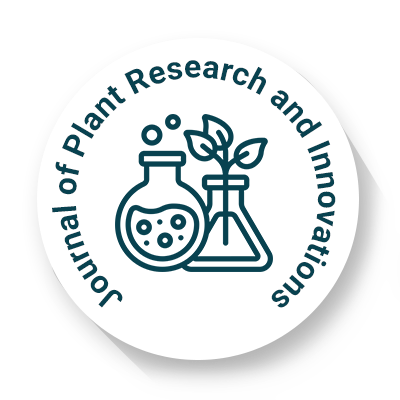
Journal of Plant Research and Innovations
OPEN ACCESS

OPEN ACCESS
Plant genetics is the study of heredity and variation in plants, focusing on how genetic traits are passed from one generation to the next and how they influence plant characteristics. It explores the structure, function, and behavior of genes and chromosomes, helping researchers understand the genetic basis of plant development, reproduction, and adaptation. Through genetic analysis and breeding techniques, scientists can identify and select desirable traits, such as disease resistance, drought tolerance, or higher yield. Advances in plant genetics have significantly contributed to crop improvement programs, allowing for the development of new plant varieties with enhanced performance and resilience. With the help of molecular tools such as genetic markers, genome sequencing, and gene mapping, researchers can study complex traits and accelerate the breeding process in both traditional and modern agricultural systems.
Molecular biology and biochemistry further expand this understanding by examining the molecular processes and chemical pathways that occur within plant cells. Molecular biology focuses on gene expression, regulation, and the interactions between DNA, RNA, and proteins, providing insights into how plants respond to environmental and developmental signals at the molecular level. Biochemistry investigates the synthesis, structure, and function of biomolecules such as carbohydrates, proteins, lipids, and secondary metabolites. These molecules play key roles in energy storage, defense mechanisms, and growth regulation. The integration of genetics, molecular biology, and biochemistry allows for a comprehensive view of plant function, from the gene level to whole-plant responses. This combined knowledge supports innovations in biotechnology, including genetic engineering, molecular breeding, and metabolic pathway optimization, with broad applications in sustainable agriculture, environmental management, and food security.